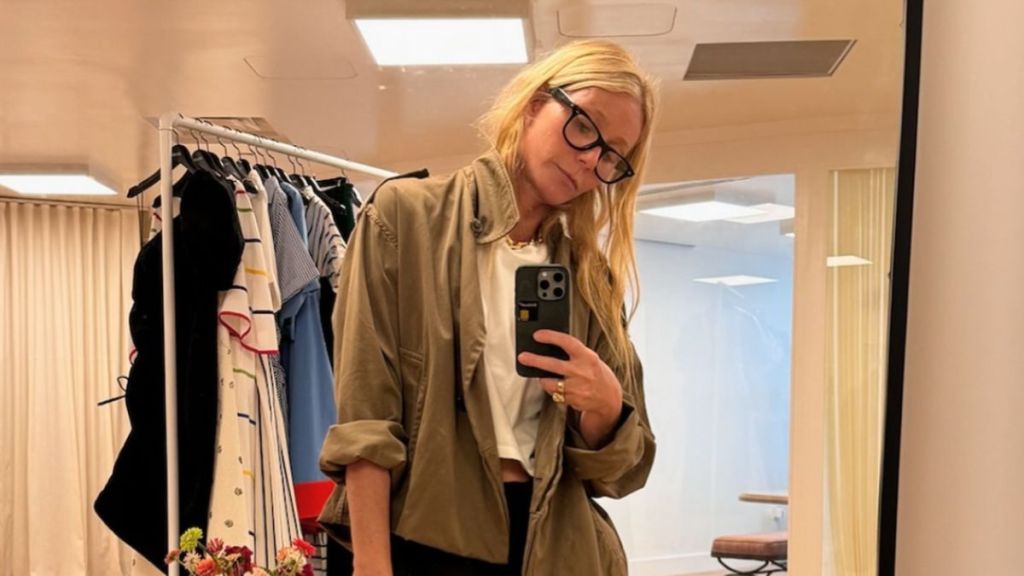Gwyneth Paltrow recently opened up about her struggles as an empty nester after both her kids — Apple and Moses — headed off to college. However, she clarified that it wasn’t all bad and the new experience was kind of bittersweet. Paltrow doesn’t hate the “free bird” life as she is getting to explore the side of her that she had been out of touch with after becoming a mom.
Gwyneth Paltrow opens up about her ‘evolving’ life as a ‘free bird’
On October 22, Gwyneth Paltrow took to Instagram for a quick Q&A session with her fans. She answered the questions on Instagram Stories, giving netizens a brief insight into her fabulous life. One of her fans asked her, “How’s life as a free bird?” In reply, Paltrow opened up about navigating life after the kids have moved out.
Empty nest syndrome is real. It can plunge a mom into depression as one doesn’t know how to navigate life without the presence of children after having them around for years. The “Iron Man” star admitted that the experience has been bittersweet for her. While she does experience “waves of grief and sadness,” the actor stated that she is “getting back in touch with this part of myself that I haven’t felt like since I was in my 20s.”
As an empty nester, Paltrow focuses on finding the positives. After her kids left for college, she had more space for herself, which gave way to imagination. The “inner space” also allows her to plan her day out instead of going with the flow, as is the way when one has kids. However, she admitted that the experience is still “evolving” and she is slowly coming to terms with her new way of life.
According to PEOPLE, in an Instagram Q&A session earlier this year, Gwyneth Paltrow touched upon how proud she was that her kids “know themselves very well.” However, their anxiety leaves her worried as they navigate young adulthood and face the world on their own. She said, “This is, as we know, the anxious generation. So that’s probably what I worry about.”
